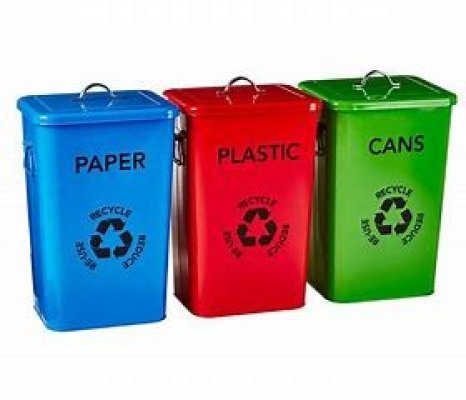Permitting & Compliance

Aug 15, 2022
In accordance with MassDEP’s final 2030 Solid Waste Mater Plan and updated regulations, the following new waste ban limits will go into effect:
- Lowering the threshold on commercial organic/food waste to include facilities generating more than one-half ton (0.5) of these materials per week; and
- Adding mattresses and textiles to the list of materials banned from disposal or transport for disposal in Massachusetts.
- These new bans become effective on November 1, 2022.
These requirements will affect solid waste management facilities and generators differently.
If you are a solid waste management facility, you will no longer be able to dispose, use these items as fuel at waste-to-energy plants, or transfer the material for such purposes. Your facility must update its waste ban compliance plan to include these changes and protocols for inspection of incoming waste, recordkeeping and reporting. Private and municipal operated facilities will need to identify recycling outlets for these materials or no longer accept these wastes types.
If you generate waste, all individuals and commercial entities are subject to the waste ban on mattresses and textiles. Textiles include clothing, footwear, bedding, towels, curtains, fabric, and similar products. Look for information and/or contact your solid waste management vendor or municipality on how they will responsibly manage these waste types, and the cost impact. Commercial organic/food waste means food material and vegetative material from any entity that generates more than one-half ton (formerly > 1-ton) of those materials for solid waste disposal per week, but excludes material from a residence. This includes waste from agriculture, food process/manufacturing, food preparation, and post-consumer scraps at restaurants and cafeterias. Entities should devise waste management plans to separate and divert organic material from their waste stream to reuse facilities.
Upstream Enforcement. MassDEP will continue its current enforcement approach where solid waste management facilities will be most closely watched as the “gatekeeper”. Here, all incoming waste loads are monitored by the facility, periodically inspected by third party inspectors, and subject to MassDEP audit. Enforcement will extend upstream to the hauler and/or generator when sufficient information is identified from failed incoming loads.
The final Master Plan established goals to reduce solid waste disposal statewide by 30 percent (from 5.7 million tons in 2018 to 4 million tons in 2030) over the next decade. It set a long-term goal of achieving a 90 percent reduction in solid waste disposal to 570,000 tons by 2050.
Contact SAK Environmental for more information or if you need assistance. Our services include permit compliance, waste ban inspection, third-party waste and facility inspection, comprehensive waste characterization studies, and recycling programs and optimization.
